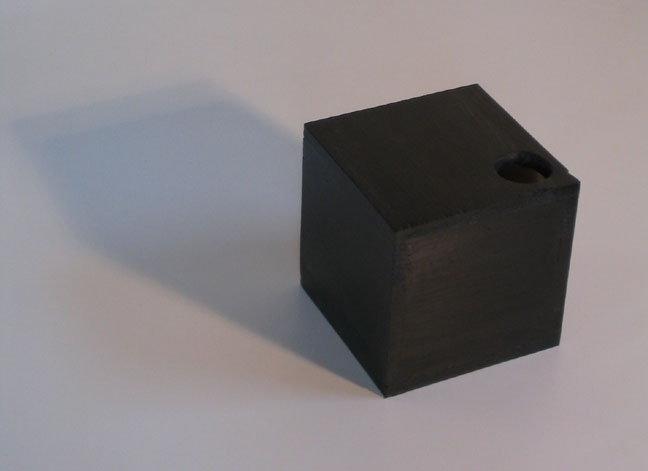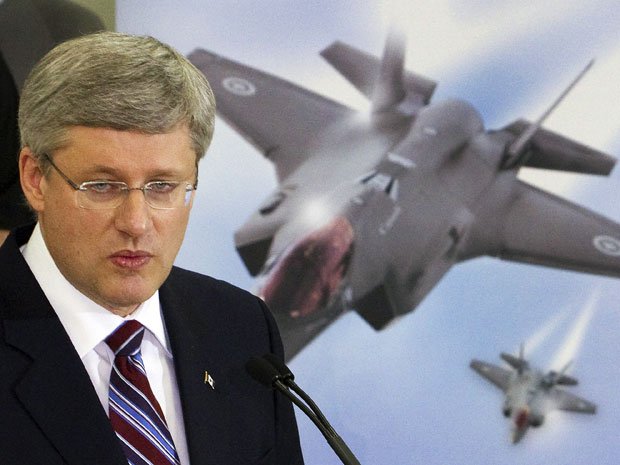[captionpix align=”left” theme=”elegant” width=”320″ imgsrc=” http://vernier.pbworks.com/f/blackbox.jpg ” captiontext=””]
Clear spending dictums came from the Cold War. ‘Russia spent X; to compete, opposing forces must spend X+1.’ Military escalation may or may not have made the world less stable and beaten innumerable ploughshares into swords, but at least it clarified budgets.
So Canada’s ‘decade of darkness’ – the 1994-2004 budget-slashing that took Canada’s military from 1.6% of GDP to less than .8% – seems predictable in retrospect. Absent a state-shaped threat and internal crises, the military budgets of middle powers begin to resemble expendable campaign-promise funds.
Actually, a 2005 Senate report points out that the young Chretien administration understood the value of a readied military. But record deficits posed a dire threat to prosperity – Third World status loomed, said the Wall Street Journal. Spending had exploded starting in 1980, upping debt-to-GDP from 29% to 67% by 1994.
By and large, Canadians felt secure and military spending was the single biggest discretionary item on the federal government’s ledger. Accompanied by a slew of cuts – some departments’ budgets fell by as much as 65% – the changes helped boost Canada from second-worst G7 financial performer to the most secure.
Come 2013, the government is preparing to seek a middle way. Prime Minister Harper’s administration inherited an anemic military and a federal surplus. Those statuses have since reversed, with $490 bn of military spending over twenty years announced with 2008’s Canada First Defence Strategy and the surplus now an $18.7 bn deficit.
Populist tax policy, favoring less-efficient personal income taxes over sales taxes, partially accounts for the swollen deficit. Wiping that deficit away is the Conservative’s primary stated budget goal, partially so as to enable future base-pleasing tax cuts originally proposed in 2011.
Consequentially, the wheel has turned and military procurement is back on the chopping block. The 2013 federal budget ratchets such spending to its lowest levels since the 1990s, down $2.4 bn from 2011-12’s $20bn budget. The exact extent of the rollback, long-term, to the ‘Canada First’ defence spending remains unclear.
Ministerial statements assure voters that budgetary rollbacks are more than offset by the last decade of upped military expenditure; that the Forces are more ready to rearm come the next budgetary swell. Certain reliable sources echo this diagnosis.
But that’s ducking the quandary. Military spending was preeminently expendable amongst Liberals and, come the budget crunch, it’s just as expendable amongst Conservatives. Chairman Bland of Queen’s Defence Studies notes the preferable military-cutting conditions: provinces don’t care and Canadians don’t notice.
Hence the underlying ‘black box problem.’ Canadians rely on expert communities to draw common sense parameters around public policy problems. Too little expert consensus leaves voters ill-equipped to match their principles to policy options.
When experts define not just responses but the problem itself, politicization expands dramatically, and Canada is saddled with zig-zagging strategy.
Compounding the problem is how remote from most households’ ‘kitchen table issues’ appears the matter of military policy. Future articles will try to effect a crack in that black box and bring this portion of the federal budget a bit closer to that aforementioned kitchen table.



